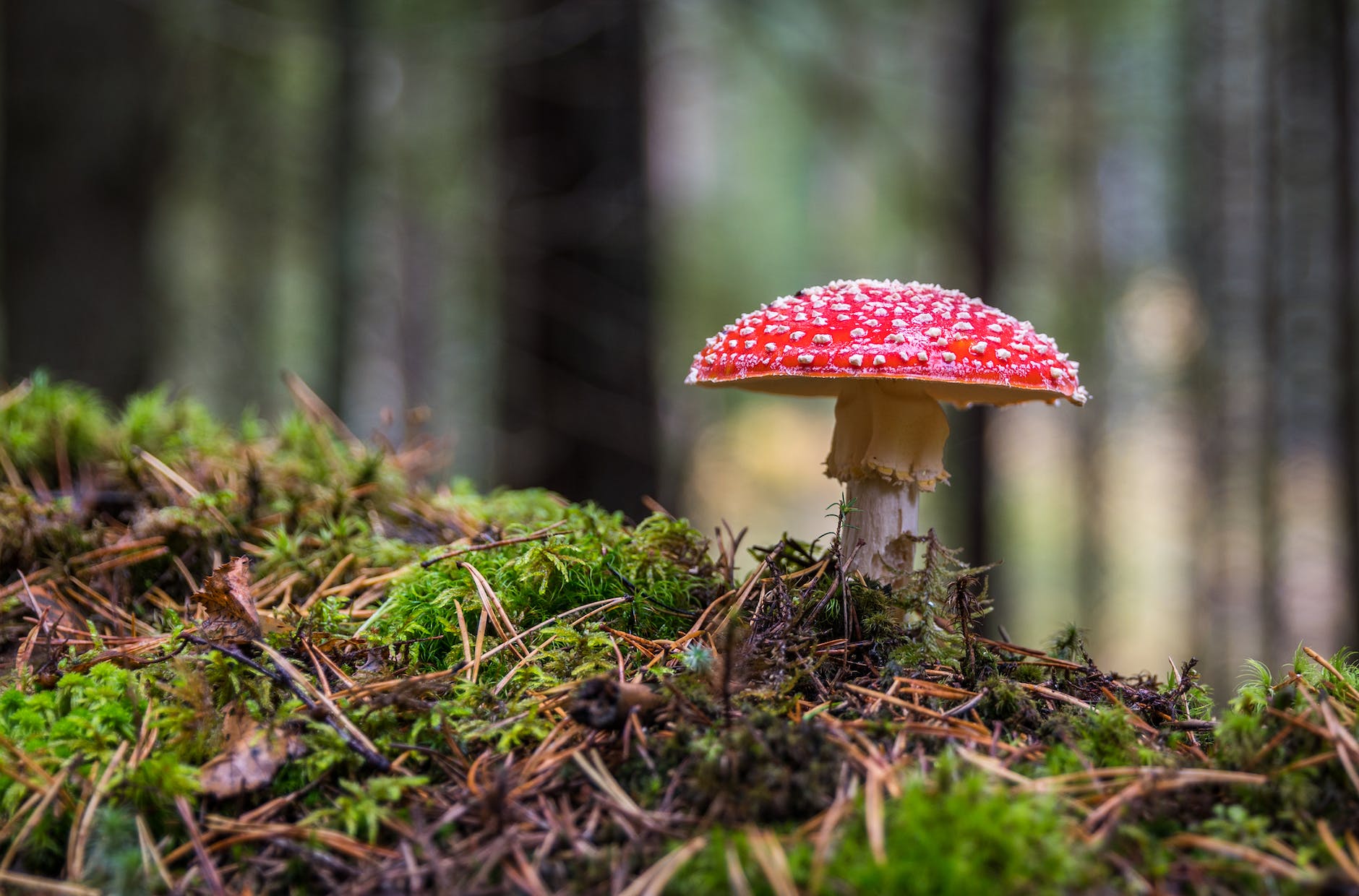Utah is getting closer to psilocybin legalization. Could it happen in 2024? The state is considering a significant shift in its stance on medical psilocybin, colloquially known as “magic mushrooms,” but the path to legalization seems uncertain, leaving Utahns with bated breath.
At the center of this deliberation is SB200, a legislative bill that has garnered much attention. This bill, sponsored by Senate Minority Leader Luz Escamilla, D-Salt Lake City, seeks to open the doors to medical psilocybin, offering hope to those struggling with mental health conditions like depression, anxiety, and PTSD. However, the bill has faced significant obstacles along the way.
Earlier this year, the Senate Health and Human Services Committee cast its vote, choosing to continue its business without taking any immediate action on SB200. This outcome has left supporters of the bill in a state of limbo, as they eagerly await the decision on psilocybin’s fate in the Beehive State.
Luz Escamilla, the bill’s sponsor, empathetically expressed her support for the cause, urging patience among those who see psilocybin as a potential solution for mental health challenges. She acknowledged the uphill battle the bill faces and the frustrations that stem from the ongoing mental health crisis. Despite these challenges, she remains optimistic about the prospects of psilocybin in Utah, signaling a possible glimmer of hope on the horizon.
One significant factor contributing to the uncertainty surrounding the bill’s passage is the recent statement from Utah Governor Spencer Cox. Governor Cox, a Republican, has publicly expressed his reservations about the proposed legislation. He stated that he is “just not there yet” and prefers to wait for the FDA’s stance on psilocybin rather than engaging in what he referred to as “experimentation” with the substance on Utah residents.
If SB200 were to become law, it would establish a framework for the regulation of psilocybin in a manner similar to medical cannabis. However, it’s crucial to note that this legalization would be implemented as a temporary pilot program, limited to a cap of 5,000 Utahns.
The classification of psilocybin as a federally prohibited drug in the U.S. further complicates matters. The uncertainty regarding the federal government’s stance on psilocybin makes it challenging to predict when, or if, federal officials will revisit its classification.
The Senate committee’s decision to postpone action on SB200 likely means that the bill will remain in limbo for the duration of the Legislature’s general session. This development comes after lawmakers heard arguments from patients and medical professionals who championed psilocybin’s safety and efficacy when administered in controlled settings. Conversely, they also listened to voices on the opposing side of the debate, emphasizing the importance of not preempting the FDA’s decisions.
The road to psilocybin legalization in Utah in 2024 remains uncertain, and the fate of SB200 hangs in the balance. As the state grapples with the question of whether to embrace this alternative approach to mental health treatment, residents are left wondering if the magic of psilocybin will find its place within the state’s medical landscape. Only time will tell if 2024 will mark the year that Utah takes a bold step towards a new era of mental health care.

